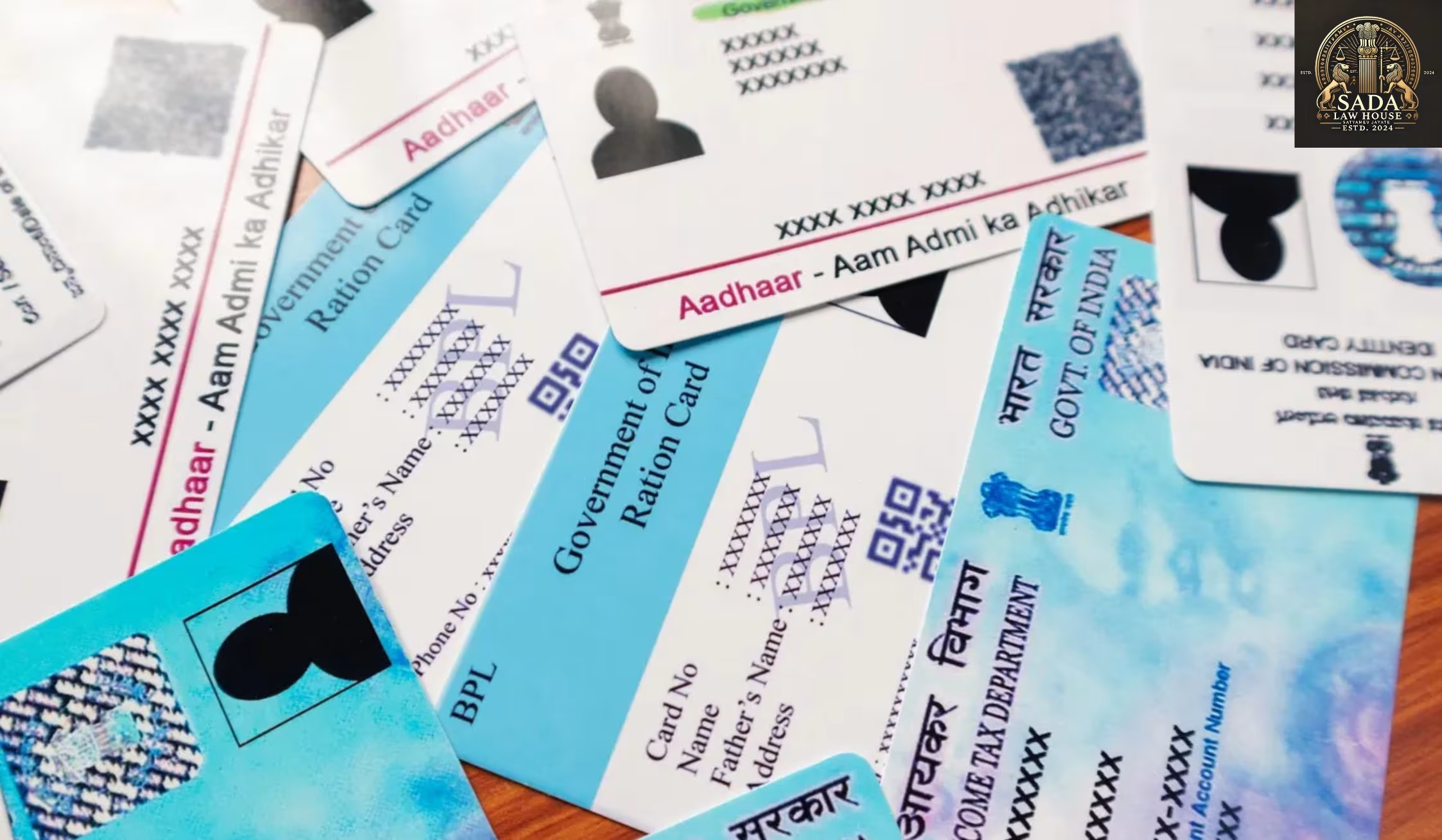India to Introduce Digital Address IDs with DIGIPIN for Precise Location Mapping
- Mahi Sinha
- 29 May 2025

India is gearing up for a major digital transformation by introducing unique digital IDs for every address. Following the success of Aadhaar for identity and UPI for payments, this next step could redefine how locations are identified and accessed across the country.
What Is the Digital Address ID Initiative?
The Indian government is developing a nationwide Digital Address ID system as part of its Digital Public Infrastructure (DPI) plan. This initiative aims to assign each home, business, or location a distinct digital identity—making address verification faster, more accurate, and secure.
Why Is India Introducing Digital Addresses Now?
The Challenge of Ambiguous Addresses
India currently lacks a standardized system for managing address data. Many addresses are incomplete, vague, or rely on nearby landmarks. This creates significant issues for:
Food delivery platforms
Government services and emergency response
According to research, inadequate address systems cost India $10–14 billion annually, or about 0.5% of its GDP.
How Will the Digital Address System Work?
A Secure, Consent-Based Framework
The new digital address framework will:
Offer standardized address formats
Allow individuals to share address data securely and only with consent
Be integrated into digital platforms for improved accuracy
Government Oversight and Implementation Timeline
The Department of Posts is leading development, with oversight from the Prime Minister’s Office. A draft policy will be released for public comment within weeks, and a finalized version is expected by the end of the year. A new regulatory authority may also be introduced via a bill in Parliament‘s winter session.
Introducing DIGIPIN: India’s Digital Postal Index Number
What is DIGIPIN?
A key component of this initiative is DIGIPIN—a 10-character alphanumeric code based on the exact geographic coordinates of a location. Unlike traditional PIN codes, DIGIPIN provides pinpoint accuracy, even in:
Rural areas and remote villages
Slums and informal settlements
With DIGIPIN, even homes in hard-to-reach places will receive a unique digital address, making services like delivery and emergency response significantly more efficient.
What’s Next for India’s Digital Address Revolution?
A draft version of the digital address policy will soon be released for public feedback. Once implemented, this system could become as essential as Aadhaar or UPI, revolutionizing how people in India share, verify, and use location data.
Key Benefits of India’s Digital Address ID System:
Improved delivery and service access
Enhanced address data privacy and control
Standardization across sectors
Support for digital governance and smart cities
Conclusion
The launch of India’s digital address IDs and DIGIPIN marks a major step forward in modernizing the country’s infrastructure. With strong backing from the government and growing demand from industries, this initiative is set to reshape how India navigates and utilizes address data in the digital age.
Case Laws






